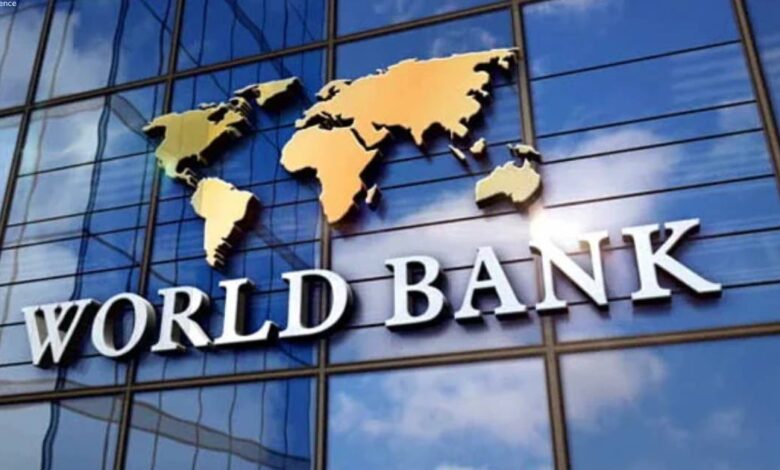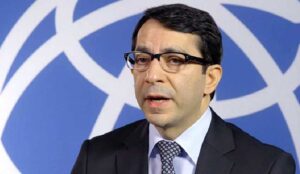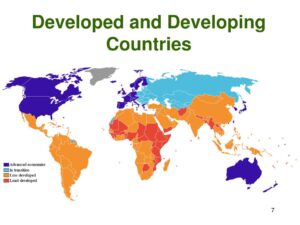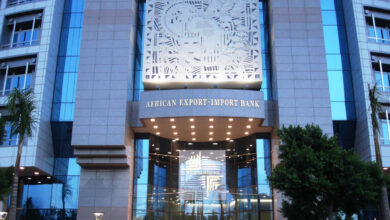World Bank Urges Developing Economies to Pursue Trade Reforms, Fiscal Resilience to Spur Growth

The World Bank is calling on emerging-market and developing economies to take bold steps toward accelerating economic growth in the face of slowing global expansion, rising trade tensions, and policy uncertainty. This follows the latest Global Economic Prospects report, which warns that without decisive action, global growth in the 2020s will be the slowest in six decades.
The report highlights that growth in developing economies has been on a downward trajectory—from 6% annually in the 2000s to less than 4% so far in the 2020s. As trade barriers rise and investment growth slows, debt levels have surged to record highs, putting additional strain on these economies.

To reverse this trend, the World Bank recommends that countries deepen trade integration, particularly by forging new strategic trade and investment partnerships and diversifying trade through regional agreements. According to the report, halving current tariff levels could lift global growth by 0.2 percentage point annually in 2025 and 2026.
“With trade barriers rising and uncertainty mounting, renewed global dialogue and cooperation can chart a more stable and prosperous path forward,” said M. Ayhan Kose, the World Bank’s Deputy Chief Economist.
The World Bank also emphasizes the need for pro-growth reforms and stronger fiscal frameworks. With government resources stretched thin, the report urges policymakers to focus on mobilizing domestic revenues and prioritizing spending that protects vulnerable populations. Strengthening fiscal resilience, it notes, will help countries weather economic shocks.
Beyond trade and fiscal reforms, the report underscores the importance of improving business climates and promoting productive employment. Developing economies are encouraged to invest in skills development and create conditions that allow labor markets to efficiently match workers with jobs—key ingredients for inclusive and sustained growth.

Global cooperation remains crucial, the report adds, calling for multilateral support through concessional financing and emergency relief, especially for countries grappling with conflict.
As the world navigates heightened uncertainty, the World Bank’s advice is clear: integrating into new markets, advancing reforms, and fostering resilience will be essential for developing economies seeking to close income gaps and reduce poverty in the decade ahead.




